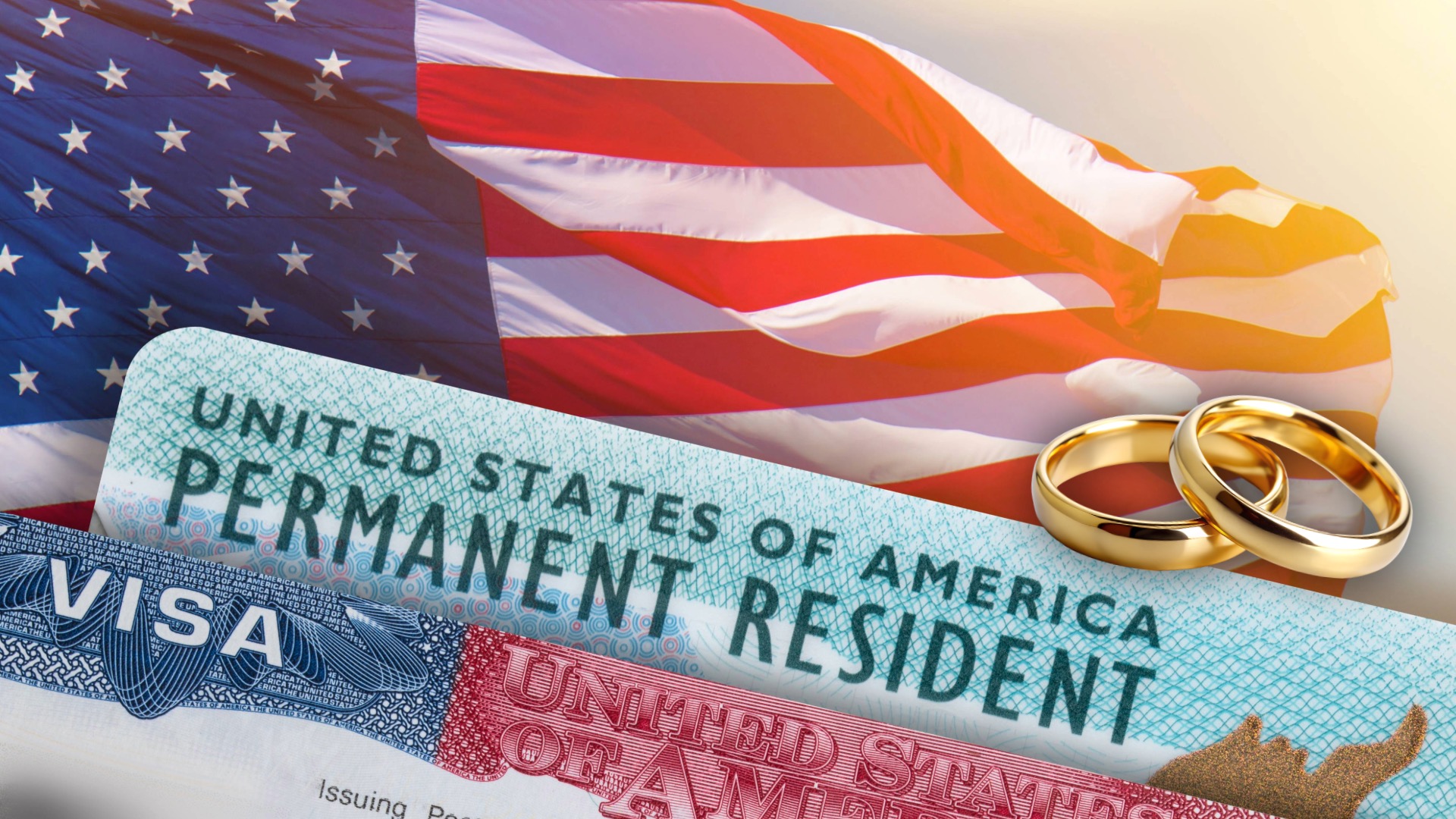
If you want to seek Asylum in the United States but have lived in another country, other than the one you are fleeing from, before coming to the United States, there are a few things to consider. Having lived in a third country can deem you to be “firmly resettled” by the United States Government and the United States Immigration Courts. If found to be firmly resettled, this will bar you from being eligible for asylum relief. However, you may still qualify for Withholding of Removal and Protection under the Convention Against Torture.
Someone may be considered to be firmly resettled if, before they arrived in the United States, they entered into another country and received an order of permanent resident status, citizenship, or some other type of permanent resettlement. However, there are exceptions to this rule. If that person was in that country as a necessary consequence of their flight from persecution and stayed there only as long as necessary to arrange onward travel, then they would not be considered to have been firmly resettled.
Another exception is if the conditions of their residency in that third country were so substantially and consciously restricted by the authority of that third country that they would not, in fact, be firmly resettled. A few things that the courts consider in making this determination are the type of housing made available to the refugee, the extent to which the refugee was able to hold property, and the ability of the refugee to enjoy other rights and privileges, such as travel documentation, public relief, education, and other rights ordinarily available to others in that country.
The government has the burden of proving that someone is firmly resettled. If the government fails to prove this, then that person would not be considered firmly resettled. Remember, even if found to be resettled, one can still be eligible for Withholding of Removal and protection under the Convention Against Torture.
Written by David Joseph Rozas
David Rozas is an experienced criminal and immigration lawyer and one of the founding partners of Rozas & Rozas Law Firm. He has been with the firm since 2004, joining his brother, Greg in practice. David concentrates his law practice on criminal defense and immigration.

.svg)















